– Avoid Use of NSAIDs in Pregnancy at 20 Weeks or Later-
As many NSAIDS are available as over-the-counter drugs for self-remedy, we thought this is of particular important News Alert to inform our patients and readers. Some of the commonly used NSAIDs drugs are Ibuprofen, brand name is Motrin, Naproxen or Aleve and they are commonly placed in the analgesics or cough and cold sections in general merchandise areas in pharmacies and supermarkets.
NSAIDs, short for Non-steroidal Anti-inflammatory Drugs, are usually prescribed or purchased for conditions such as arthritic pain, inflammation, fever, headaches, injuries and so forth. Although they are effective in relieving pain, fever and inflammation, NSAIDS as drug class can cause mild to severe side effects such as:
- Bleeding, erosion and ulcerations of the gastric lining in susceptible patients and the common population if taken incorrectly
- Kidneys insufficiency
- Increase in blood pressure
- Worsening of heart failure
Some of the side effects can be insidious (silent) until the conditions become severe enough to cause serious problems. If you must be on any of these NSAIDs, be sure to discuss with your doctor and consider the following:
- Take as a lowest effective dose, higher dose means your chance of having adverse drug reactions are much more higher
- Consider short term use and use them only as instructed
- Take medication after a full meal
- Watch for sudden or gradual onset of dark colored stool, dizziness and fatigue, swelling of ankles, shortness of breath (you should report to your physician or pharmacist at onset of these symptoms)
Finally, DO NOT take NSAIDS if:
- You have a history of allergy towards NSAIDs
- You are advised to take Aspirin on daily basis for your heart condition. Taking NSAIDS and Aspirin together may make aspirin less effective
- You are pregnant, especially in the second and third trimester (please see the latest Med Watch Alert link posted by the FDA)
- Have medical conditions such as Heart diseases such as Heart Failure, Atrial or Ventricular Fibrillations, and more
- High blood pressure (talk with your doctor to consider safer alternative NSAIDS for short term use)
For more information regarding this subject we recommend reading the FDA Safety Information and Adverse Event Reporting Program on the subject:


